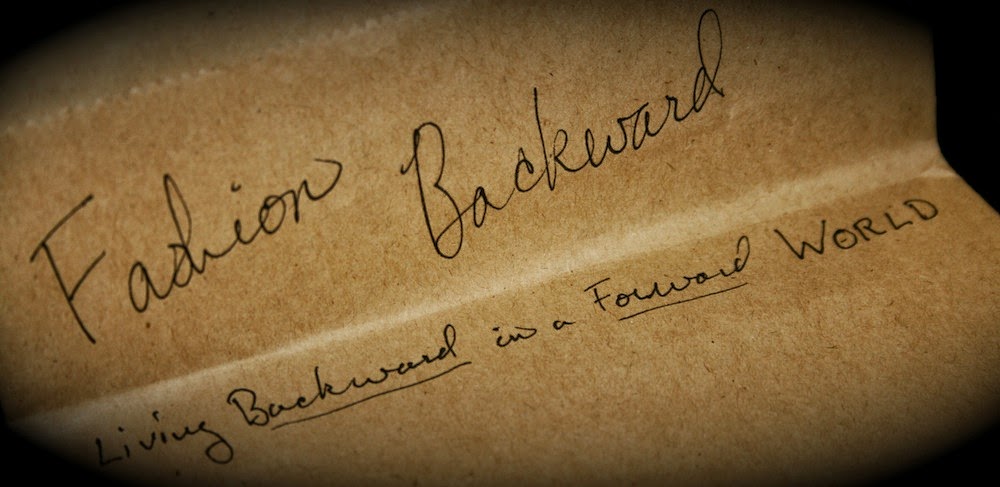Sunday, November 17, 2013
Cistercian Abbey
Tuesday, November 12, 2013
Monday, November 11, 2013
Sign of the Times
As I was walking over to the Meyerson yesterday, I couldn't help being bowled over by the irony of this sign.
A sign about enhancing the human experience, plastered onto a chain link fence, surrounded by cement and sky-scrapers--this is Dallas at its finest. Maybe if we say it enough, we'll start to believe the human experience is actually being enhanced! And, if we believe it hard enough, maybe it'll be true!
Labels:
architecture,
dallas,
dallasfail,
design,
urbanism
Tuesday, November 5, 2013
Oak Lawn Coffee: Jane Ziolkowski
Coffee shops are one of those bizarre places that bridge the gap between the public and private. Because they are often furnished in a more comfortable way than a restaurant or a library, we tend to treat them as if they were a home. Yet, they are a public space. Another curious aspect of the coffee shop is that often the don't-ask-don't-tell deadpan expression of city living is abandoned. For once, it's okay to strike up a conversation with a stranger. You can high-five the barista. No big deal.
This, I think, contributes to their appeal. It's as if we're rediscovering the agora.
Oak Lawn has an especially nice atmosphere. I've never met so many friendly and kind employees as I have there: they seem to be universally interested in other people (and not just the cute customers). And, the whole shop is flooded with natural light which gives it a peaceful and relaxed feel.
The space is for the people, not the people for the space. This idea, I think, should also be reflected in fashion. Our clothes should point to our person; they should outline more vividly who we are (while hiding what communal living demands be hid). That's why dressing yourself is so tricky; it's like conversation or writing. You want to portray who you are, but it would be imprudent to go about publicizing the interior of your soul to the whole world.
My friend, Jane, for instance, has a talent for understatement. She is confident in simplicity, a virtue so often overlooked (especially by me). Her dark and unassuming outfit acts a frame for her beauty, directing attention to her face and hair rather than drawing attention to itself.
You're not so distracted by what she's wearing that you forget about the person beneath.
Labels:
architecture,
dallas,
decorating,
design,
ladies,
modsociety
Sunday, November 3, 2013
No Direction Home
Lately, I've been finding that the song 'Down in the Valley' by the Head and the Heart just keeps going through my head.
Now, you might be wondering why that matters. 'Very good, Rebekah,' you say, 'I'm glad you have a penchant for neo-folk. That's just another artificial aspect of our society that you continually bemoan.'
Well, yes, legitimate point. But, the yearning at the heart of this music, and even the artificiality of its generation both point to an ever increasing problem in our society.
Well, yes, legitimate point. But, the yearning at the heart of this music, and even the artificiality of its generation both point to an ever increasing problem in our society.
We are a culture completely devoid of expectations placed upon us from the outside.
In 'Down in the Valley,' the singer comments how he wishes he were 'a slave to an age-old trade.' There is something comforting and beautiful in continuing in a tradition, even if it means renouncing choice.
And, that is precisely the point. Most of us, from the beginning of the age of reason, have been told we could be whatever we want to be. We were read books about how we could be astronauts or the president. We watched movies in which characters struggled to break free from the restrictive shackles of 'traditional' societies.
And, as a result, we are actually left with nothing to start from. No guidance. No tradition. Just fairytale goals that leave us terrified of 'settling.'
Consequently, we are also incapable of really sinking our teeth into any enterprise. Divorce rates are higher than ever. Many view serious relationships as a hindrance to their careers or to their traveling or to their 'finding themsleves.'
As a society, we have collectively thrown our traditions to the wind. We view taking care of our aging parents as an imposition. Children just get in the way of pursuing our personal goals. Living near our families might inhibit our opportunities.
We have thrown away our homes.
And, consequently, we find ourselves further and further away from each other, speeding apart. We keep repeating that we are autonomous, that we don't need other people, that living our dreams will make us happy.
But, it doesn't.
And, thus, we are left homeless in the midst of our luxury.
In The Brothers Karamazov, the Elder Zosima comments:
The world has proclaimed freedom, especially of late, but what do we see in this freedom of theirs: only slavery and suicide! For the world says, 'You have needs, therefore satisfy them, for you have the same rights as the noblest and richest men. Do not be afraid to satisfy them, but even increase them'--this is the current teaching of the world. And in this they see freedom. But what comes of the right to increase one's needs? For the rich, isolation and spiritual suicide; for the poor, envy and murder....
Subscribe to:
Posts (Atom)










